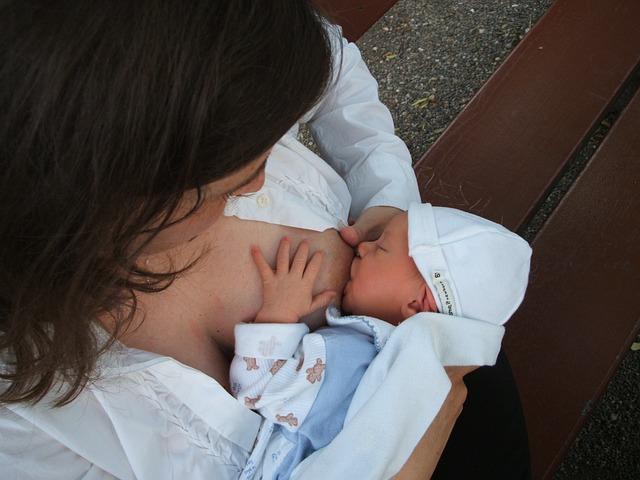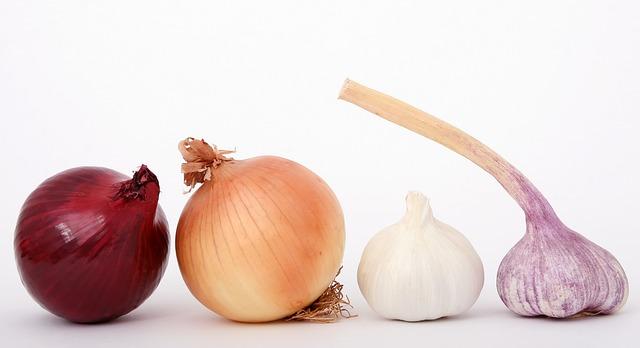As mothers embark on the beautiful journey of breastfeeding their little ones, they are faced with the crucial task of nourishing themselves in a way that benefits both mother and child. The breastfeeding diet plays a pivotal role in ensuring the well-being and development of the baby, while also maintaining the mother’s health. In this article, we will explore the foods that can enhance milk production and provide optimal nutrition for both mother and baby, as well as the foods that should be avoided to prevent any adverse effects on the breastfeeding relationship. Join us as we dive into the world of the breastfeeding diet, uncovering the secrets to a healthy and fulfilling journey for both mother and child.
Benefits of a Breastfeeding Diet
When following a breastfeeding diet, it is important to consume a variety of nutrient-dense foods to support both your own health and the health of your baby. By eating a well-balanced diet, you can ensure that you are providing adequate nutrients for your baby’s growth and development. Some of the key include:
- Increased Milk Supply: Certain foods like oats, fenugreek, and flaxseeds can help boost milk production.
- Improved Postpartum Recovery: Eating nutrient-rich foods can aid in healing and replenishing your body after childbirth.
- Enhanced Nutrient Transfer: Consuming a variety of fruits, vegetables, whole grains, and lean proteins can provide essential nutrients for your baby through breast milk.
On the other hand, there are also foods to avoid while breastfeeding to prevent any adverse effects on your baby. Some foods that you may want to limit or avoid include:
- Caffeine: Excessive caffeine intake can make your baby irritable and affect their sleep patterns.
- Alcohol: Consuming alcohol can pass through breast milk to your baby, impacting their development and behavior.
- High-Mercury Fish: Certain fish like swordfish and shark contain high levels of mercury, which can be harmful to your baby’s developing nervous system.

Nutrient-Rich Foods for Optimal Milk Supply
Ensuring that you are consuming nutrient-rich foods is essential for maintaining a healthy milk supply while breastfeeding. Incorporating a variety of foods that are high in vitamins, minerals, and antioxidants can help support optimal lactation. Some key nutrient-rich foods to include in your breastfeeding diet are:
- Leafy greens: Spinach, kale, and Swiss chard are excellent sources of iron, calcium, and vitamin K.
- Oats: Oats are a good source of fiber, which can help support digestion and regulate blood sugar levels.
- Salmon: Salmon is rich in omega-3 fatty acids, which are important for brain development in infants.
Avoiding certain foods and beverages while breastfeeding can also be beneficial. Limiting caffeine intake, staying hydrated, and avoiding processed foods high in sugar and unhealthy fats can help support a healthy milk supply. Remember to listen to your body and make choices that work best for you and your baby.

Common Foods to Avoid while Breastfeeding
While breastfeeding, it is important to be mindful of the foods you consume to ensure that your baby is getting all the necessary nutrients without any potential harmful effects. Some include:
- Caffeine: Excessive amounts of caffeine can make your baby irritable and affect their sleep patterns. It’s best to limit your intake of coffee, tea, and other caffeinated beverages.
- Spicy Foods: Spicy foods can sometimes cause discomfort for babies, leading to fussiness or digestive issues. It’s recommended to avoid overly spicy dishes while breastfeeding.
- Alcohol: Alcohol can pass through breastmilk to your baby, so it’s best to avoid or limit alcohol consumption while breastfeeding.
| Foods to Avoid | Reason |
|---|---|
| Raw fish or shellfish | Potential exposure to harmful bacteria |
| Dairy products | May cause digestive issues for some babies |
Ultimately, it’s essential to listen to your body and observe how certain foods may be affecting your baby. Every baby is different, so what works for one may not work for another. Remember to stay hydrated and maintain a balanced diet to support both your health and your baby’s development while breastfeeding.

Balancing Diet and Baby’s Needs
When it comes to maintaining a healthy diet while breastfeeding, it’s important to eat a variety of nutrient-rich foods to ensure you and your baby are getting all the necessary nutrients. Some key foods to incorporate into your diet include:
- Fruits and vegetables: These provide essential vitamins and antioxidants for both you and your baby.
- Whole grains: Opt for whole grain bread, pasta, and rice to increase your fiber intake.
- Lean proteins: Chicken, fish, beans, and nuts are all great sources of protein to support your milk production.
Avoiding certain foods while breastfeeding is also important to prevent any discomfort or negative reactions in your baby. Foods to limit or avoid include:
- Caffeine: Limit your intake of coffee, tea, and chocolate as it can affect your baby’s sleep patterns.
- Alcohol: It’s best to avoid alcohol while breastfeeding as it can pass through your breast milk to your baby.
- High-mercury fish: Stay away from shark, swordfish, and king mackerel as they contain high levels of mercury.
In conclusion, the importance of a healthy breastfeeding diet cannot be overstated. By incorporating nutrient-rich foods and avoiding certain items that may disrupt your baby’s digestion, you can help support your own health and provide your little one with the best start in life. Remember, every mother and baby are unique, so it’s always a good idea to consult with a healthcare professional for personalized guidance. Here’s to nourishing yourself and your baby with love and care!














